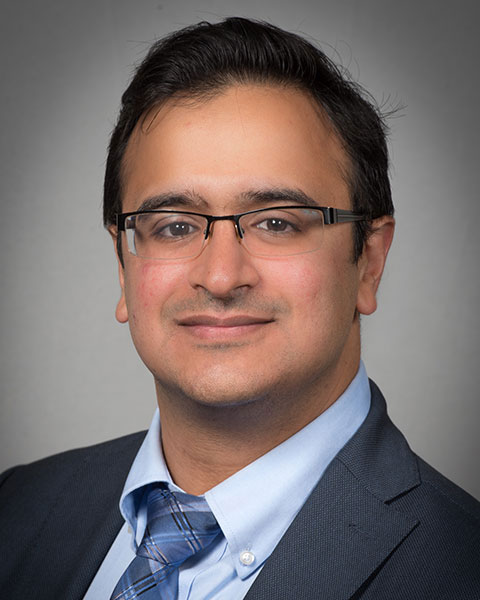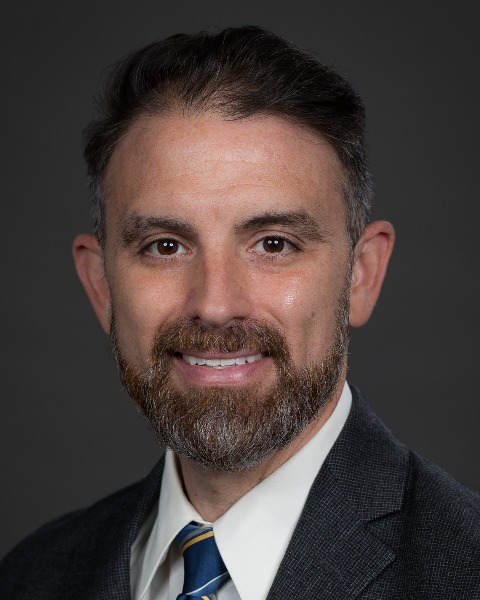Times are displayed in (UTC-05:00) Eastern Time (US & Canada) Change
11/11/2021 | 2:45 PM to 3:45 PM
WORKSHOP LIVE DISCUSSION: Cases and Controversies in Factitious Disorder: An Interactive Workshop
Click to watch the presentation recording of this session in advance of the live discussion:
https://clp21.secure-platform.com/a/solicitations/8/sessiongallery/42
----------------------------------
Patients with factitious disorder present unique diagnostic and treatment challenges for the C-L psychiatrist. Despite existing demographic information in the literature, there is little evidence-based consensus about strategies for management. In this case-based workshop, we will discuss four particularly challenging dilemmas pertaining to factitious disorder, and provide concrete recommendations based on our own clinical experiences and available data. We will engage the audience via real time polling and an opportunity for open discussion at the end of the presentation. Session 1: 15 minutes - “How much evidence do I need to formally diagnose Factitious Disorder?” The speaker will present two cases which highlight the pitfalls of both premature and delayed formal diagnoses with recommendations on how to navigate these extremes. The presentation will also highlight relevant legal and ethical considerations and provide clinical recommendations on when, and if, a formal diagnosis must be made. Session 2: 15 minutes - “How early in a patient’s development can factitious disorder be diagnosed?” The speaker will present a case of an adolescent with factitiously generated tic disorder in the context of family dissolution and serious childhood illness. This will include a discussion of risk factors for factitious disorder that can be identified in childhood and adolescence. Finally, the risks and benefits of diagnosis of factitious disorder in youth will be discussed. Session 3: 15 minutes - “When should involuntary psychiatric commitment be considered?” The speaker will discuss a case which illustrates possible criterion for which involuntary psychiatric commitment may be considered, with a special focus on family involvement and behavioral incentives. The presenter will review concepts of behavioral conditioning as well as the ethico-legal implications of this treatment option. Session 4: 15 minutes - “When and how should the family be engaged during therapeutic confrontation?” The speaker will continue discussion about the utility of family involvement in the case of a healthcare worker with factitious disorder. This will include a review of the paucity of evidence regarding family involvement as a treatment strategy. Methods of using family involvement as part of the supportive confrontation model will be proposed, with further exploration of legal and logistic challenges.
----------------------------------
Patients with factitious disorder present unique diagnostic and treatment challenges for the C-L psychiatrist. Despite existing demographic information in the literature, there is little evidence-based consensus about strategies for management. In this case-based workshop, we will discuss four particularly challenging dilemmas pertaining to factitious disorder, and provide concrete recommendations based on our own clinical experiences and available data. We will engage the audience via real time polling and an opportunity for open discussion at the end of the presentation. Session 1: 15 minutes - “How much evidence do I need to formally diagnose Factitious Disorder?” The speaker will present two cases which highlight the pitfalls of both premature and delayed formal diagnoses with recommendations on how to navigate these extremes. The presentation will also highlight relevant legal and ethical considerations and provide clinical recommendations on when, and if, a formal diagnosis must be made. Session 2: 15 minutes - “How early in a patient’s development can factitious disorder be diagnosed?” The speaker will present a case of an adolescent with factitiously generated tic disorder in the context of family dissolution and serious childhood illness. This will include a discussion of risk factors for factitious disorder that can be identified in childhood and adolescence. Finally, the risks and benefits of diagnosis of factitious disorder in youth will be discussed. Session 3: 15 minutes - “When should involuntary psychiatric commitment be considered?” The speaker will discuss a case which illustrates possible criterion for which involuntary psychiatric commitment may be considered, with a special focus on family involvement and behavioral incentives. The presenter will review concepts of behavioral conditioning as well as the ethico-legal implications of this treatment option. Session 4: 15 minutes - “When and how should the family be engaged during therapeutic confrontation?” The speaker will continue discussion about the utility of family involvement in the case of a healthcare worker with factitious disorder. This will include a review of the paucity of evidence regarding family involvement as a treatment strategy. Methods of using family involvement as part of the supportive confrontation model will be proposed, with further exploration of legal and logistic challenges.
Speakers
Speakers
Presentations:
| ID | Duration | # | Presentation Title | Presentation Type | Details |




